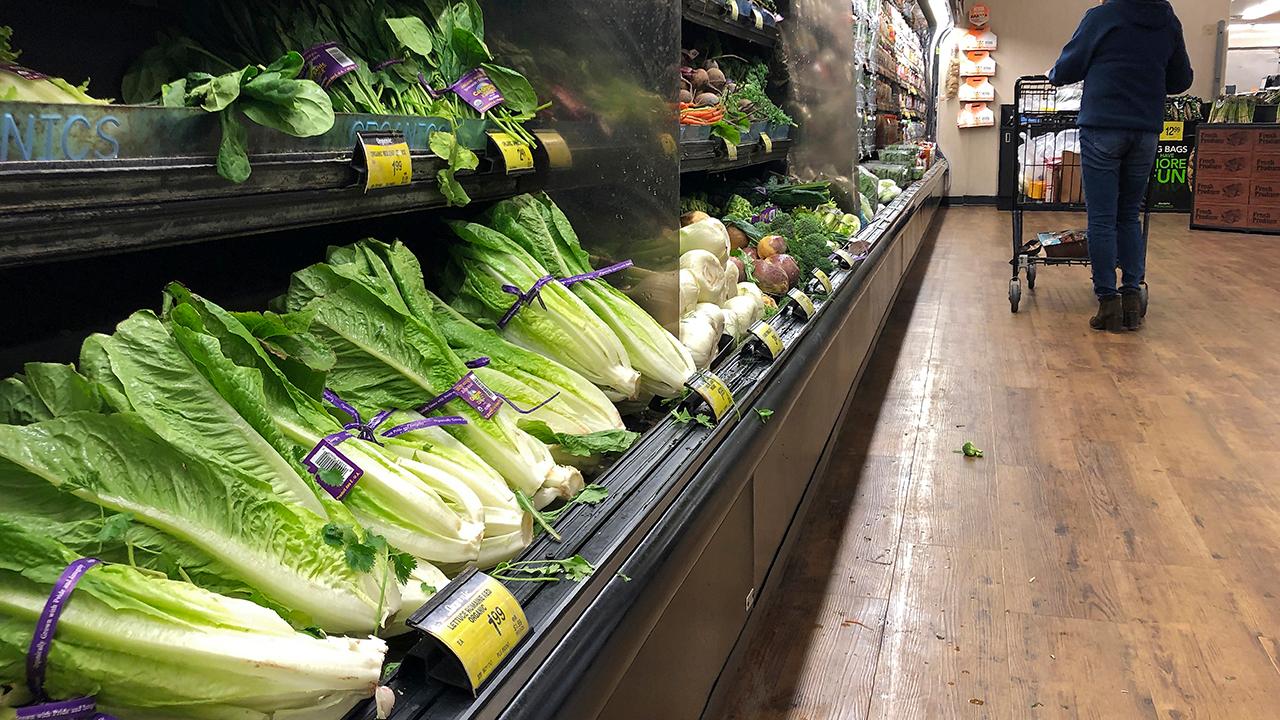Massive romaine lettuce warning linked to California
The Food and Drug Administration announced Friday that it has found the source of the E.coli-tainted romaine lettuce that led to a national warning and the goal now is to withdraw the product.
The agency’s commissioner, Scott Gottlieb, tweeted that the romaine implicated in the current outbreak is likely from California “based on growing and harvesting patterns.”
“The goal now is to withdraw the product that’s at risk of being contaminated from the market, and then re-stock the market [with] new romaine from different growing regions, including Florida and Arizona.”
On Tuesday, just two days before Thanksgiving, the Centers for Disease Control and Prevention (CDC) sent out a warning that romaine lettuce is unsafe to eat due to an E.coli outbreak that has already affected more than 30 people in 11 states, causing 13 people to be hospitalized. However, no deaths have been reported.
The agency urged consumers who have the product at home to throw it away, and told restaurants to not serve it.
The recall included whole heads of lettuce, boxes of precut lettuce, hearts of romaine, as well as salad mixes that contain romaine.
Gottlieb added that they are currently working with growers and distributors on labeling produce with a “post-purge” date to inform consumers that certain products are now safe to eat.
“We want to help unaffected growers get back into production and enable stores and consumers to re-stock. One goal we’re seeking is to make this type of labeling the new standard rather than a short-term fix; as a way to improve identification and traceability in the system,” he added.
While the investigation is ongoing, the CDC noted on Tuesday that those who were infected have the same strain as those who were stricken in a 2017 outbreak linked to leafy greens in the U.S. and romaine lettuce in Canada.
What's more, just a few months ago, a similar outbreak involving contaminated romaine lettuce that lasted from March to June left five people dead and more than 200 people affected across 29 states.




















